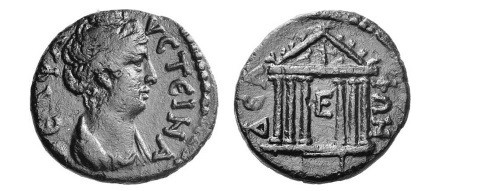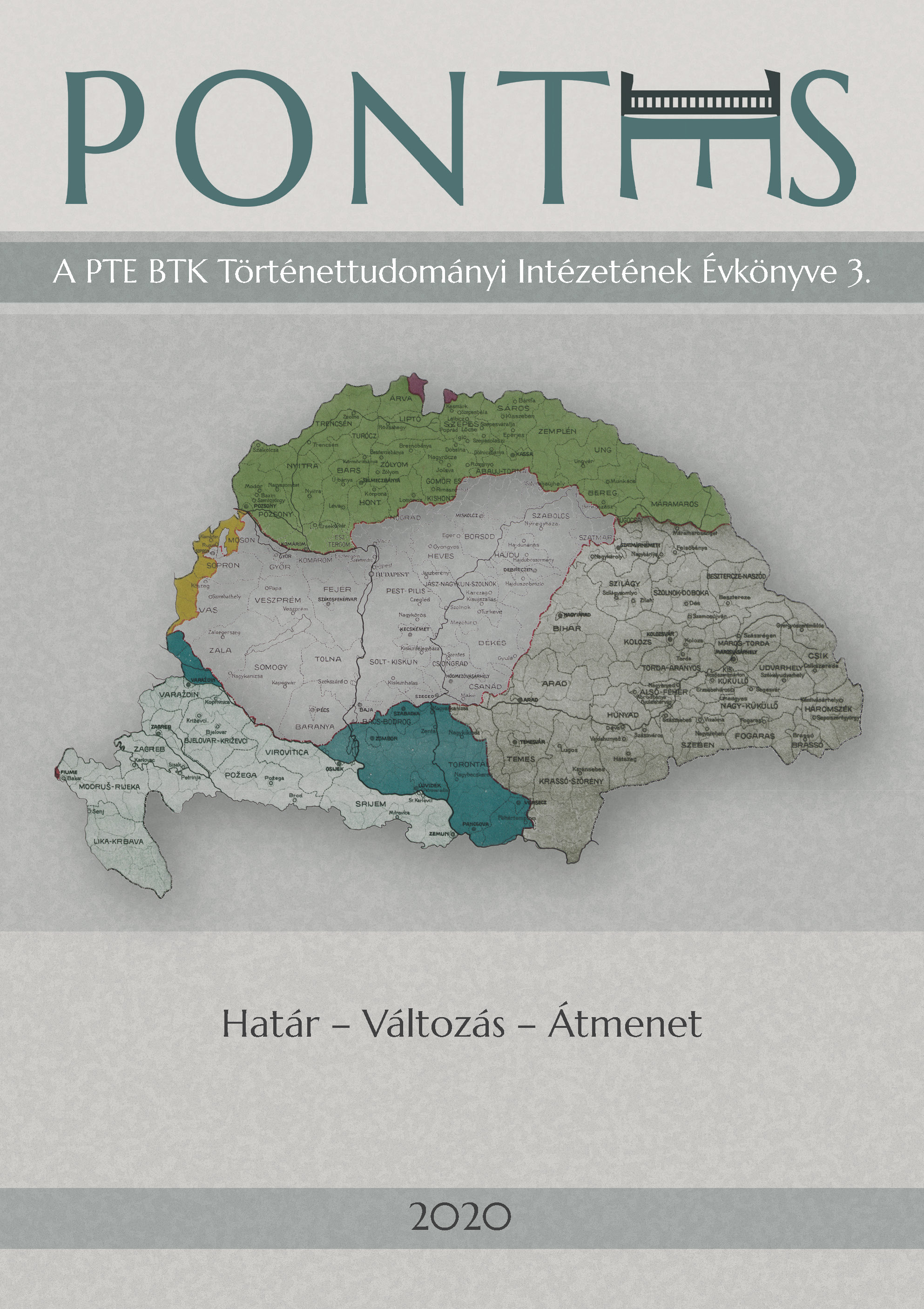Plutarchos és a pogány monoteizmus
DOI:
https://doi.org/10.15170/PONTES.2018.01.01.02Kulcsszavak:
Plutarchos, monoteizmus, vallástörténetAbsztrakt
There is an ongoing scholarly debate about the role of monotheism in the religious history of the Roman Empire. In the recently developed framework the scholars question the antagonism/dichotomy of Christian monotheism and pagan polytheism, and introduce new terminology aiming to describe the changes of the religious horizon in this period. According to the paradigmatic shift the conceptions of the so-called henotheism, monolatry, or pagan/inclusive monotheism have recently dominated the field in the study of the religious history of the Roman Empire, emphasizing the view that personal, monotheistic choices among the gods are widespread phenomena of the Greco-Roman, i.e. non-Christian religiosity between the 1st–5th centuries AD. The Middle Platonic religious concepts of Plutarch (cc. 40–125) and his philosophical, theological and cosmogonic views are interpretable by means of the changing religious trends of this epoch. Plutarch in his Pythian dialogues displays the role of Delphi on the religious landscape of Hellas and attributes an outstanding role to Apollo in the Greek pantheon. Th e interplay between his monotheistic concept and the Apollonian religiosity comes forward mainly in his Pythian dialogue, De E apud Delphos. This controversial work about the mysterious E in the oracle of Delphi foreshadows the new theological and philosophical attitudes, which determined the religious horizon of the Roman Empire and interacted unequivocally with Christianity.







